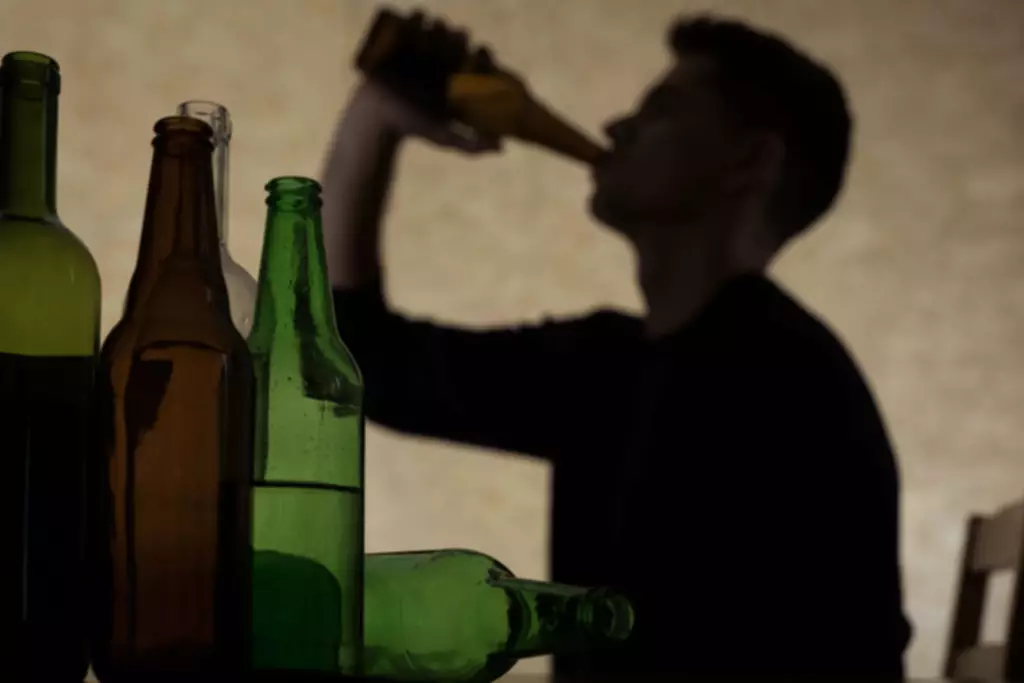Content
Making the choice to enter rehab and begin the road to recovery is a major decision that should be acknowledged. The recovery process as a whole can be a stressful time, especially in the beginning. You are essentially re-learning how to live your life, this time free of drugs, alcohol, or other harmful substances.
- Ironically enough, this might be the most risky period of recovery.
- This is because of the way long-term substance use has affected both partners as well as the relationship itself.
- In most cases, these symptoms will disappear with time.
- Long-term sobriety is much more achievable and sustainable when you implement a schedule.
- It’s often very difficult for the partner to let go of the resentment, anger, and fear they’ve felt over the time their partner was using drugs and alcohol.
Residents work hard every day to develop new skills, values, and coping tools for approaching life in early sobriety. At Design for Recovery, we believe that addiction recovery involves more than just physically abstaining from substances — it involves building a new way of life. If you are thinking about giving up drinking and are seeking services and support, The Recovery Village is here to help. We have locations across the country, and we are qualified to treat alcohol addiction and co-occurring mental health conditions like anxiety and depression. Contact us today to learn about our service offerings and how we can help you give up drinking or drug use. After a year of sobriety, you might graduate from a sober living facility and go on to build a happy, healthy life with your family and friends.
Mental benefits of being one year sober
In most cases, individuals who can’t refrain from having a relationship in the first year of recovery are missing an opportunity to address the core issues underlying their addictions. They may have other mental health issues, compulsions and cross-addictions that need to be addressed as well, before they can truly focus on a relationship. The first few months of recovery from addiction are some of how to celebrate 1 year sober the most difficult. Insomnia, triggers, drug cravings, and the need to deal with emotions that were previously numbed with drugs make early recovery a period of enormous adjustment. I just began feeling that alcohol wasn’t bringing anything to my life. Increasingly, I became aware that while consuming alcohol, I was attracting the wrong energy—in love, relationships, work, and even friendships.
- Developing an intricate mindfulness routine to match your needs can lead to a more nurturing long-term recovery experience.
- The dissatisfaction they feel in their relationships is often the stressor that led to their drug abuse in the first place.
- In fact, since I quit, I have had zero cravings for alcohol, and only the occasional memory or thought which quickly goes away.
- They are some of my happiest, funniest memories that I do look back on with fondness.But also, some of the worst times of my life happened as a result of using drugs and alcohol.
This is part of our ongoing commitment to ensure FHE Health is trusted as a leader in mental health and addiction care. A sobriety anniversary is also an opportunity to https://ecosoberhouse.com/article/why-the-nose-of-an-alcoholic-changes-rhinophyma/ reflect on where the individual used to be and where they are now. They can recognize and celebrate how they’ve turned their life around and how much it’s improved.
Build sober relationships
Make it through one day, and you will have achieved sobriety. I also have to be aware of when I’m not in a great headspace and aware of when I’m romanticizing alcohol so I can avoid being around it. You’ll get closer to some friends, you’ll lose connection with friends, and your romantic relationships may end.
What is the hardest period of sobriety?
The first week of sobriety is often the most difficult. You may experience withdrawal symptoms that last for a few days or weeks. These symptoms are uncomfortable, and the risk of relapse can be high.
This refers to intense feelings of happiness and euphoria that a person may experience in the early stages of sobriety. Unfortunately, this feeling is often short-lived, and the individual may eventually experience emotional fluctuations. Going through ups and downs in your first year of sobriety is normal.
Take Back Your Life
These long-term withdrawal symptoms will eventually go away. Be sure to talk with your sponsor or counselor about the best management strategies. Once I made the decision to quit, I began to see other things I could change in my life as well. Gentle shifts in my belief system seemed possible—about everything from love, to aging, to my personal goals and desires.

These are typically at designated centers for 30 days with programs extending to 90 days (not necessarily on campus but in therapy, meetings, etc.). Those 30 days are extremely helpful to work through withdrawal since opioids, drugs, and alcohol typically feature withdrawal symptoms of one month or less. If you have relied on alcohol or drugs for any length of time to escape from reality or to relieve bad feelings, learning to live sober can be very challenging. The intense symptoms of withdrawal from substance use disorder are only the beginning. Although you may wish you could just get through detox and then live happily ever after, it is really not that simple. There are many lessons that you will learn along the way to achieve a productive, sober life.
4 Weeks
The first year of sobriety will be the hardest but also the most rewarding, and it will help you feel like a new person in a new world of possibility. In fact, since I quit, I have had zero cravings for alcohol, and only the occasional memory or thought which quickly goes away. Because I follow TSM, I also know that if there were ever a reason I really had to drink, I could do so safely. But at this point, I can honestly say that I do not see that day coming. There have been so many huge positives—many of which I can absolutely say would not have happened otherwise. In a way, it felt like growing up—which may sound funny considering I was 53 at the time.

Nestled in a tranquil setting just outside of Orlando, our mental health facility provides patients with a safe place to reflect, reset and heal. From support groups to individual therapy treatment options, we are here to fight the battle with you. Even if you have successfully completed rehab, you still need to continue to work those 12 steps. It will increase your chances at long-term sobriety and help you find your ways through the emotional highs and lows of the first year.
They are some of my happiest, funniest memories that I do look back on with fondness.But also, some of the worst times of my life happened as a result of using drugs and alcohol. I am a 29 year-old woman, a founder of a multi-million dollar business that has been featured in Bloomberg and Forbes. I bought and own my 2-bedroom apartment in New York City.
Those who stayed one year sober scored four times as many points in overall life satisfaction than those who relapsed. Goals during the early stages of sobriety are pretty straightforward. Stop drinking, create a support network and cope with cravings. It can be comforting having a set of steps to follow in order to piece your life back together. There’s no shortage of resources concerning the early stages of addiction treatment, while anything about the late stages is hard to come by. The purpose of this article is to provide a reference for what you might experience after one year sober.
For more information on PAWS, you can read more about the alcohol recovery timeline. Many people, especially those in the first round of sobriety, experience the pink cloud phenomenon. This is best described as a euphoric feeling of happiness about being sober after an unhealthy life of substance abuse. The problem is that this feeling of overconfidence can easily fade. You’ll have good and bad days, and that’s totally normal. Within 3-7 days, withdrawal symptoms will stop for most dependent drinkers.

